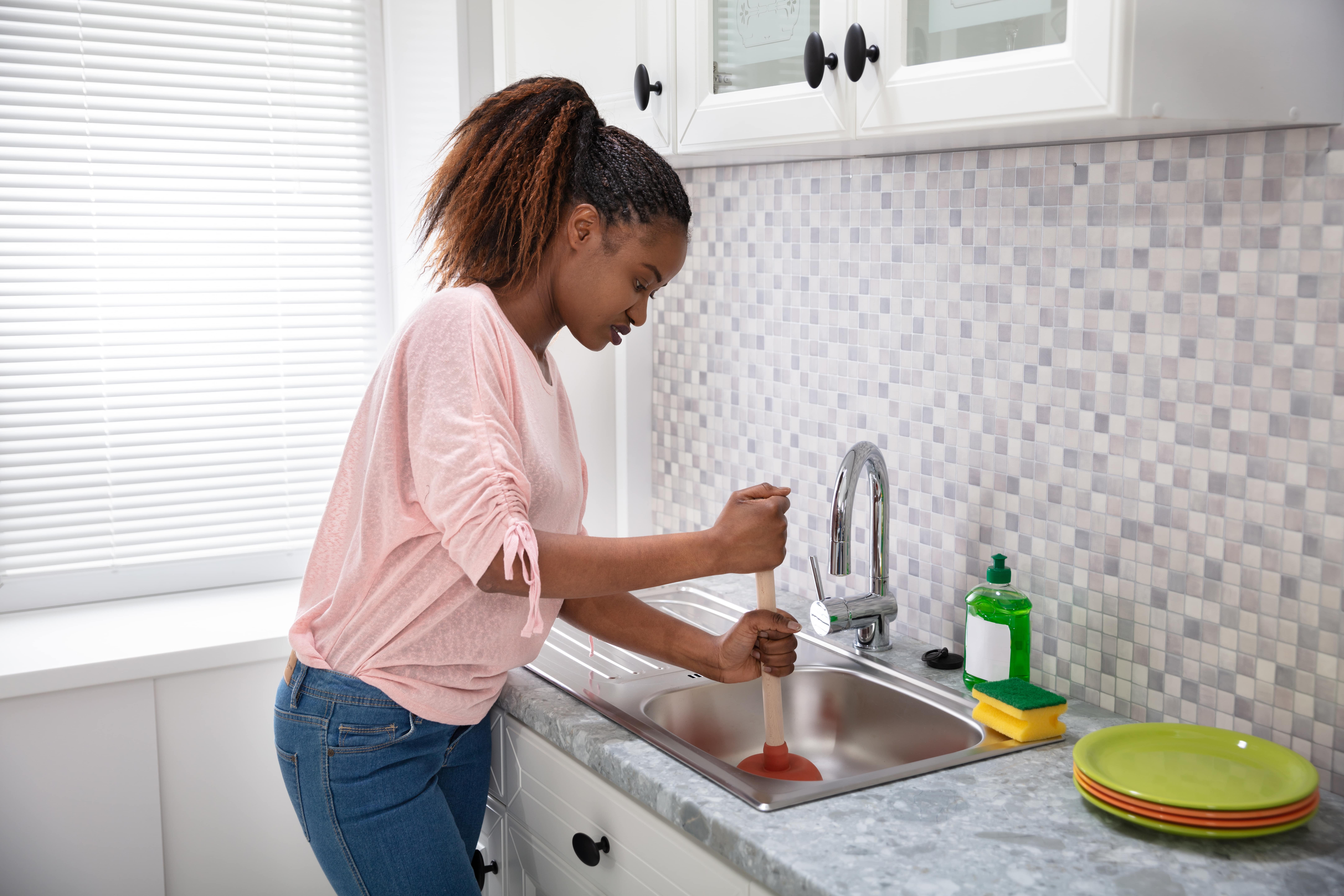7 Most common Plumbing Emergencies

If your house has a plumbing system, it will eventually experience emergencies. It’s inevitable. Every home has its own set of challenges, and a plumbing system is no exception. Whether you live in an older home or just have an extensive renovation project happening, sooner or later you’ll see some kind of emergency emerge from various parts of your house. While most problems can be solved with a little bit of elbow grease, there are times when it becomes necessary to call in the professionals to fix your problem. And even if you do have DIY skills, having the expertise of a professional on-call service provider around can be helpful as well. Here are the 7 most common plumbing emergencies in any home, so you know what to expect if one happens to strike your abode:
- Leaky faucets: It is one of the most common pluming problems that might not seem an emergency but could do big damage if unattended. Firstly, the annoying sound of the leaking water could disturb your night’s sleep and can make you groggy next morning. Coming to the physical damages, it can cause you high water bills. The water can seep into the walls and floor and cause mildew, mold, stains and loosen flooring tiles and pest infestation. Look for worn out valves or change the faucet if you have already fixed the leaks several times before.
- Clogged drains and pipes: Nobody loves the concept of blocked plumbing lines, whether they carry water or garbage. When plumbing water finds a full or partial blockage, it will redirect itself, causing reactions ranging from backups and floods to delayed drainage and low pressure.
A moderate clog may cause the sink to drain slowly, while a major blockage will prevent the sink from draining at all. Clogged sinks are plumbing emergencies since they disrupt your regular activities, such as cooking and cleaning, as well as fundamental hygiene.
- Clogged toilets: In a typical home, toilets are the plumbing fixtures that are used the most frequently. This indicates that they experience severe wear and tear. It's most likely a blockage that will cause problems for your toilet. Flushing objects that are not intended for flushing or flushing objects that are too large for the toilet to handle can both result in clogs. Refusing to flush, overflowing, and a high-water level that won't go down are all indications of a blocked toilet. While light clogs may frequently be cleared at home with a plunger, big or deep obstructions require the services of a qualified plumber.
- No Hot Water: You probably wouldn't want to experience the unpleasant sensation of turning on your shower and getting pelted with ice-cold water again. The water heater, a broken pipe, or an electrical malfunction are typically to blame for a shortage of hot water.
Your utility company may be to blame in some situations. In any event, cold water flowing from the hot water tap is an urgent plumbing issue that must be resolved right away to bring back the hot water in your house.
- Leaky Water Heater: As your hot water heater ages, it becomes more prone to leaks and drips. If you notice a puddle of water under the water heater, see water dripping from the surrounding pipes, or hear a dripping sound coming from the heater, then you most likely have a leaky water heater. When your water heater springs a leak, the wasted water can drive up your water bills over time, so it’s best to have emergency repairs performed right away. If your water heater is more than 10 years old and there has been constant leaks, rusty or cloudy water, knocking noises, or cold water then you may need to replace your water heater.
- Burst Pipes: Burst Pipes During the winter, when pipes are most likely to freeze inside, the pipes’ inside swells and cracks. However, several additional factors, such as old pipes and pipes constructed of specific materials, might cause a pipe to burst.Because the water flowing from a burst pipe might seriously harm your house, it is a plumbing emergency.
- Running toilets: If you see water continuously running in your toilet then chances are the flapper valve of your toilet is worn out. In rare circumstances, sediment accumulation may also be the reason why toilets keep running. If you reside in a region with hard water, this is more likely to occur. Before making a repair, a plumber can examine your toilet to determine the source of the issue so that you're not wasting water. A running toilet can shoot up your utility bills and waste upto 200 gallons of water.

